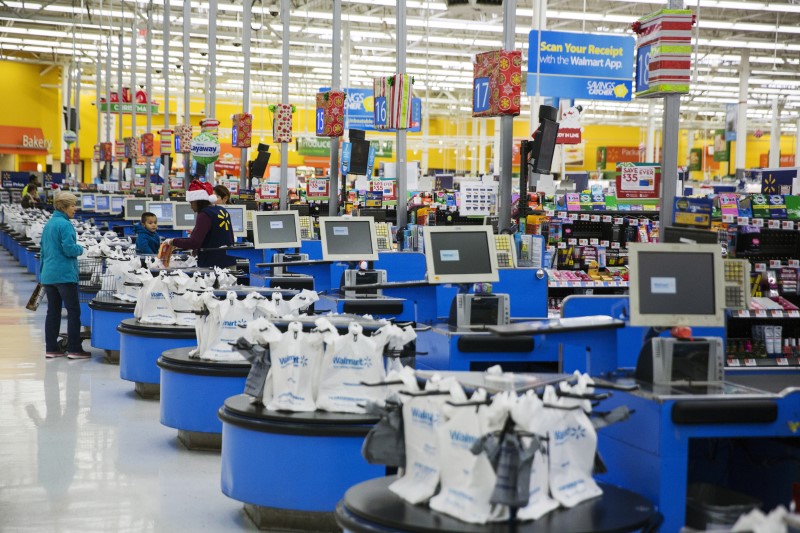Street Calls of the Week
Investing.com - U.S. retail sales rose at a faster-than-anticipated pace in August, spurred on partially by demand at e-commerce retailers, although the prospect of a weakening labor market remains heading into the final weeks of the third quarter.
Month-on-month, retail sales in the world’s largest economy rose by 0.6%, matching July’s upwardly-revised growth and topping economists’ expectations for an uptick of 0.2%, according to data from the Commerce Department on Tuesday. Notably, retail sales consist mostly of goods and are not adjusted for inflation.
The figures come just a day before the Federal Reserve is due to unveil its latest interest rate decision. Markets are now all but certain that the U.S. central bank -- keen to support the softening jobs picture despite signs of sticky price gains -- will slash borrowing costs by at least 25 basis points at the end of its latest policy gathering on Wednesday, while there is also an outside chance of a deeper half-point drawdown.
"The knee-jerk reaction is hawkish as the [...] figure points to healthy consumer spending trends," analysts at Vital Knowledge said in a note. But they said it is "not a huge surprise that the consumer is still spending" and "the Fed is focused on jobs."
Compared to a year earlier, sales expanded by 5.00%. Online sales spiked 2.0% following an increase of 0.6% in July. Motor vehicle sales grew by 0.5%, versus 1.7% in the prior month, and closing store sales moved up by 1.0%.
Sales of items like sporting goods, musical instruments and book stores -- which are viewed as more exposed to tariff-driven price inflation -- rose 0.8%, down from an uptick of 1.6% in July.
Concerns are continuing to swirl around whether the potential labor market downturn in recent months and elevated prices could dent spending activity. A gauge of consumer sentiment from the University of Michigan for September slumped to its lowest point since May as households fretted over the risk of a tariff-fueled spike in inflationary pressures that could eat into their purchasing power.
Along with "multiple vulnerabilities" in the economy, "consumers perceive risks to their pocketbooks as well," with current and expected personal finances both easing about 8% this month, said Joanne Hsu, the director of the Surveys of Consumers at the University of Michigan, in a statement.
